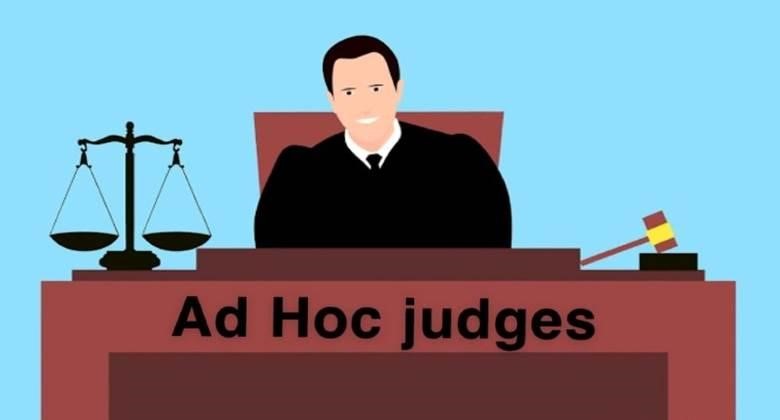Supreme Court Proposes Ad Hoc Judges for Backlog
Why in the news?
The Supreme Court suggested appointing retired judges on an ad hoc basis to address the growing backlog of pending criminal cases in High Courts, invoking Article 224A and considering adjustments to previous rulings.
Supreme Court’s Suggestion for Ad Hoc Judges:
- On January 23, the Supreme Court suggested temporarily appointing retired judges to address the backlog of criminal cases in High Courts.
- Under Article 224A of the Constitution, the Chief Justice of a High Court can request retired judges to act as judges with the President’s consent.
- The SC proposes modifications to its 2021 decision, expanding situations where ad hoc judge appointments can occur.
Appointment Procedure:
- Article 224A allows retired judges to be appointed as ad hoc judges for a specific period.
- The Chief Justice of a High Court requests the retired judge’s appointment with the President’s
- After the retired judge consents, the Chief Justice forwards the name to the Chief Minister, who then recommends it to the Union Law Minister for further consultation.
- In 2021, the Supreme Court ruled that such appointments must go through the collegium system, including consultations with the Chief Justice of India and two senior most judges.
Criteria for Appointment and Use:
- Ad hoc judge appointments are rare, with only three instances in history: Madhya Pradesh (1972), Madras (1982), and Allahabad (2007).
- The Supreme Court highlighted criteria to prevent overuse of Article 224A:
- Ad hoc judges can only be appointed when less than 20% of vacancies are filled.
- A High Court with more than 20% vacancies or a backlog exceeding 10% of cases over five years qualifies for ad hoc judges.
- Such appointments should generally last for 2-3 years to tackle the backlog effectively.
Sources Referred:
PIB, The Hindu, Indian Express, Hindustan Times




